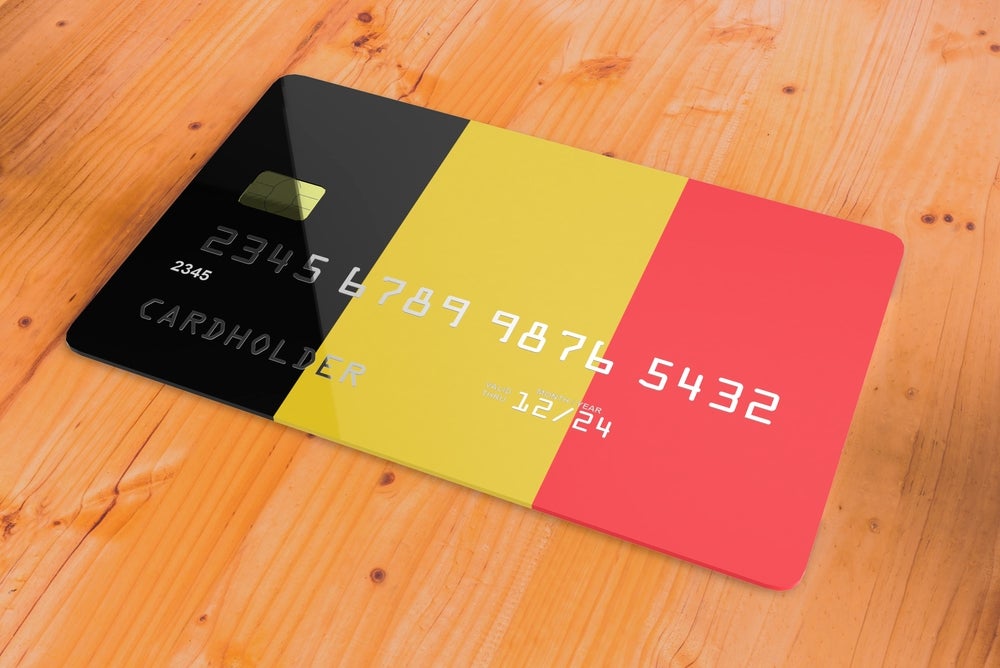Boutiques are increasingly implementing blockchain to add value to products and bolster brand equity. Blockchain’s tamper-proof ledger technology allows the tracking of products throughout their lifecycles, which meets consumers’ burgeoning concerns with product quality and sustainability.
The growing consumer awareness of blockchain will render it a ‘feature’, rather than a ‘function’, of luxury goods, and could give the little-understood technology the use case it needs to disentangle itself from the misgivings surrounding Bitcoin.
Consumers may soon consider blockchain a value-added commodity; the technology will be used to verify and differentiate the quality and ethics of branded products.
Blockchain beyond the hype
According to GlobalData’s Emerging Technology Trends Survey 2020, executives across virtually all sectors regard blockchain with the highest amount of skepticism of any technology theme; a lack of understanding and successful use cases accounts for this attitude. Correspondingly, initial public offerings (IPOs) with a blockchain focus have seen the worst performance of any tech theme between January 2018 and June 2020, according to a recent GlobalData report on IPOs in tech, media, and telecoms. Beyond the hype, a realistic cognizance of the infrastructure, integration, and costs of blockchain implementation is now setting in.
Current benefits of blockchain are, moreover, overwhelmingly focused on internal operations of large companies. Mercedes-Benz, for example, has been using it to map the production flow of materials across its battery cell manufacturers’ supply chains. From the consumers’ perspective, such ‘behind-the-scenes’ applications make the technology seem unknown, obscure, and distant.
Supply chain transparency presents an opportunity
Given the recent rise in Environmental, Social, and Governance (ESG) concerns, the supply chain transparency that blockchain affords represents an opportunity for companies to target conscientious consumers. GlobalData, in a 2018 thematic report on blockchain in retail, identified the particular importance of the technology to the luxury branded goods market, where product authenticity is paramount. Blockchain’s emergence in this area is now tangible.
How well do you really know your competitors?
Access the most comprehensive Company Profiles on the market, powered by GlobalData. Save hours of research. Gain competitive edge.

Thank you!
Your download email will arrive shortly
Not ready to buy yet? Download a free sample
We are confident about the unique quality of our Company Profiles. However, we want you to make the most beneficial decision for your business, so we offer a free sample that you can download by submitting the below form
By GlobalDataIn October 2020, Italian gin maker Seven Hills released a product whose ingredients and production location can be accessed through a QR code printed on each bottle. Luxury fashion retailer Burberry has also announced a partnership with IBM, using blockchain to produce a consumer-centric system for product traceability. This tool is designed to receive user input on sustainability preferences, make bespoke product recommendations, and exhibit user participation in the circular economy.
These examples are not exceptional. Of business leaders in global fashion, 41% say they are introducing investment in blockchain (and 3D printing), according to a US Cotton Trust Protocol and Economist Intelligence Unit 2020 survey.
It is no surprise that boutiques are the first to flirt with these externally-oriented systems; the clientele for this market shows an above-average loyalty and an accompanying willingness to accept passed-on costs in return for increased quality and status. The move may also attract floating consumers in search of premium products backed by ESG values. For Seven Hills, blockchain verification can function as the equivalent of both a designer label and a Fairtrade symbol. In the domains of haute couture and sustainability, blockchain is now the name and brand equity has become the game.
Consumer demand will be a driver
As implementation costs decrease, more companies will consider adopting blockchain as a means of competitor differentiation. As adoption increases, so, too, will consumer awareness. The technology will then develop a commercial currency amongst consumers, driving demand and unlocking a competitive market for purveyors, purchasers, and consumers of blockchain systems. The expansion of this market may go a long way in influencing skeptics to overcome their ambivalence towards the technology.
Non-boutique retailers should take heed and closely observe the uptake of blockchain in boutiques. They must be prepared to invest in the technology at the right time: when the cost of implementation decreases. Fashion may be fickle, but this trend is set to last.








